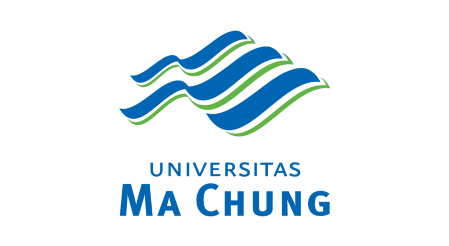SUWELO, HENVITA WIJAYA (2023) STRUKTUR DAN SETING KEAGENAN: PARADOKS FUNGSI AUDITOR INTERNAL INDONESIA PADA PT XYZ. Masters thesis, UNIVERSITAS MA CHUNG.
|
Text
06 121910013_Abstrak.pdf Download (120kB) | Preview |
|
|
Text
11 121910013_Bab 1.pdf Download (144kB) | Preview |
|
|
Text
12 121910013_Bab 2.pdf Download (238kB) | Preview |
|
|
Text
13 121910013_Bab 3.pdf Restricted to Registered users only Download (206kB) |
||
|
Text
14 121910013_Bab 4.pdf Restricted to Registered users only Download (208kB) |
||
|
Text
15 121910013_Bab 5.pdf Download (139kB) | Preview |
|
|
Text
16 121910013_Daftar Pustaka.pdf Download (133kB) | Preview |
Abstract
Currently, an internal auditor (IA) is considered to have a significant role in adding value and improving corporate operations. The internal audit process carried out by
internal auditors aims to assist management in fulfilling its responsibilities by providing analysis, assessment, advice, and comments on the activities under review.
The output provided by internal auditors is in the form of a report containing audit findings regarding deviations and fraud identified, weaknesses in internal control, as
well as recommendations for improvement. On the other hand, the position of internal auditors is inseparable from the internal structure of the company, which also functions
to drive the achievement of organizational goals, such as profit from business operations. Conflict arises when all decisions made by superiors, considered as
representations of organizational decisions, must intervene in the work processes of internal auditors on behalf of the "company's interests." As a good auditor, one must
possess a professional and independent attitude. However, this professional attitude often becomes a source of conflict for internal auditors due to demands from managers
to achieve the company's goals, as well as the association with individual classification, where auditors position themselves to fulfill their duties professionally
and independently or meet the manager's expectations to achieve company goals by engaging in fraudulent actions, which means that internal auditors are not exercising
their independence. According to agency theory, internal auditors are professional agents with greater abilities in performing auditing functions professionally to assist
superiors in fulfilling their responsibilities within the company. Meanwhile, top managers or principals are the parties responsible for achieving the company's goals.
Internal auditors, acting as agents, also act as actors within the company's internal structure. This means that internal auditors have demands and expectations from the
company to act and behave as real actors. The current research aims to understand the nteraction between human and non-human actors, which has consequences in making
decisions to defend individual and organizational interests, with a translation based on the perspective known as the "paradox of embedded agency" (POEA), which provides
a perspective on the interaction between actors and institutions, placing agency in a dual bond between being an actor and their position within a structure. The research
site is Business Companies in Kediri City and Regency, East Java, with the object of studying the agency setting of internal auditors. To obtain results, the research is
conducted through six stages of investigation and two stages of analysis based on POEA as the analytical framework.
Keywords: Internal auditor, functions of internal auditor, agency theory.
| Item Type: | Thesis (Masters) |
|---|---|
| Additional Information: | TUGAS AKHIR |
| Subjects: | H Social Sciences > HJ Public Finance |
| Divisions: | Fakultas Ekonomi dan Bisnis > S1 Akuntansi |
| Depositing User: | Surya |
| Date Deposited: | 30 Oct 2024 08:53 |
| Last Modified: | 30 Oct 2024 08:53 |
| URI: | http://repository.machung.ac.id/id/eprint/320 |
Actions (login required)
 |
View Item |
